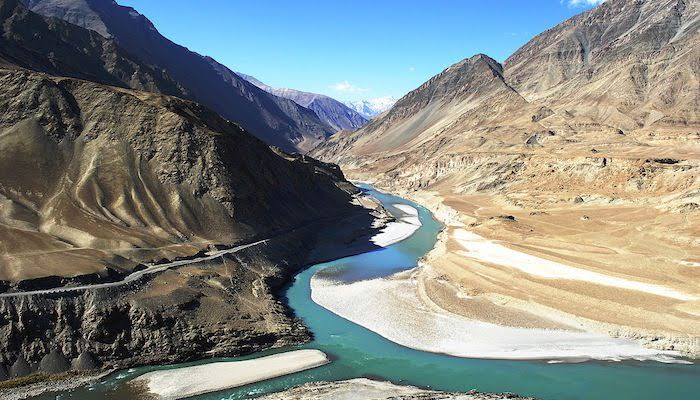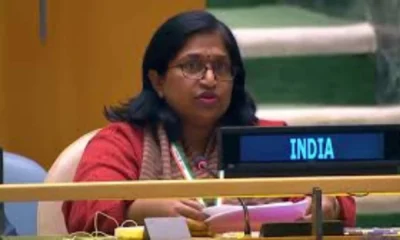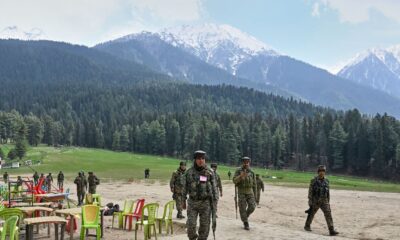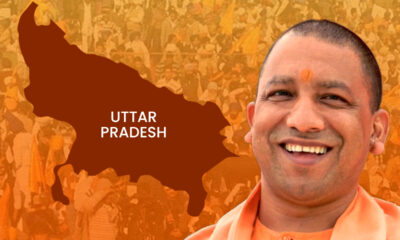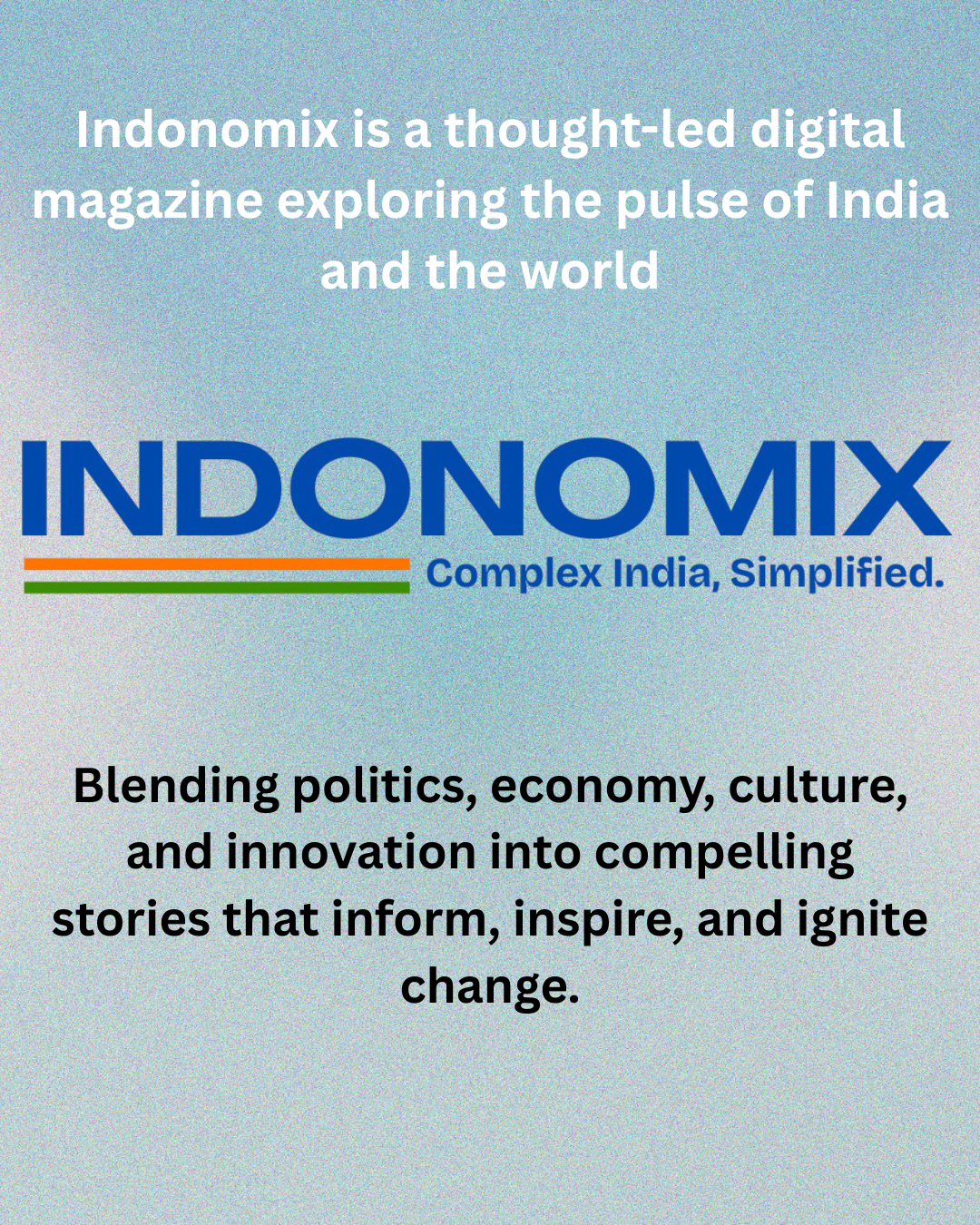The Truth Behind Pakistan’s Kashmir Narrative
Pakistan’s “jugular vein” claim about Kashmir paints a picture of noble struggle, but it’s a strategic facade. Far from championing Kashmiri Muslims or Islamic unity, this narrative serves the Punjabi elite’s quest for dominance, using Jammu and Kashmir as a geopolitical chess piece. Let’s break it down.
Historical Context: The Accession and the False Premise
Pakistan claims Kashmir was meant to be theirs post-Partition due to its Muslim majority, but this ignores history. Jammu and Kashmir’s ruler legally acceded to India, and its diverse populace—Hindus, Buddhists, Sikhs, Muslims—never fully aligned with Pakistan’s vision. In PoK, Kashmiris face neglect, labeled “foreigners” even after decades, revealing Pakistan’s hollow solidarity.
Strategic Interests: Water, Not Brotherhood
Strategically, Pakistan covets Kashmir’s rivers—Indus, Jhelum, Chenab—to secure Punjab’s agricultural wealth, the foundation of its military-political elite. This isn’t about national survival but entrenching Punjabi power. India, despite adhering to the Indus Waters Treaty, is vilified to fuel Pakistan’s victim narrative and justify its aggression.
Hypocrisy Exposed: A Pattern of Betrayal and Oppression
Pakistan’s emotional appeal for Kashmiri “brothers” under Indian “oppression” is undermined by its own history. In Jordan’s Black September, Zia-ul-Haq’s forces killed thousands of Palestinians. Later, its military massacred countless Bengali Muslims, exposing a Punjabi-centric bias. Kashmiris are pawns in Pakistan’s power game, not family.
Within its borders, Pakistan bombs Muslims in Khyber Pakhtunkhwa and Balochistan to suppress dissent, contradicting its moral posturing on Kashmir. The “jugular vein” narrative distracts from domestic failures—economic collapse, ethnic unrest—while fueling nationalist fervor and proxy terrorism in Indian-administered Kashmir.
The Obsession That Fuels Instability
Pakistan champions Kashmiri self-determination, citing UN resolutions, yet occupies parts of Jammu and Kashmir and Gilgit-Baltistan, where locals endure oppression. It decries India’s human rights record while mirroring the same abuses—pellet guns in Balochistan, enforced disappearances—exposing its hypocrisy.
India views Pakistan’s “resolve” for Kashmir as a destabilizing obsession, driving cross-border militancy and derailing peace. The narrative of India “choking” Pakistan’s lifeline is propaganda to mask governance failures and internal unrest. Kashmir is a tool to keep India on edge, not Pakistan’s heart.
A Power Game Disguised as a Sacred Mission
The Reality: Pakistan’s “jugular vein” claim is a geopolitical scheme, not a sacred mission. Its elite exploit Kashmir to consolidate power, not to defend the Ummah. From betraying Palestinians and Bengalis to oppressing its own citizens, Pakistan’s selective outrage is clear. India sees the truth: this is about control, not justice.

 Culture & Society6 days ago
Culture & Society6 days ago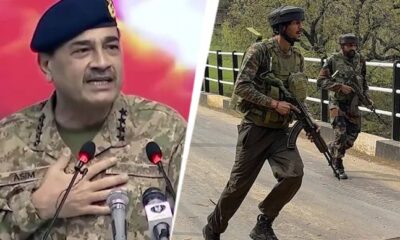
 Business1 day ago
Business1 day ago
 Politics6 days ago
Politics6 days ago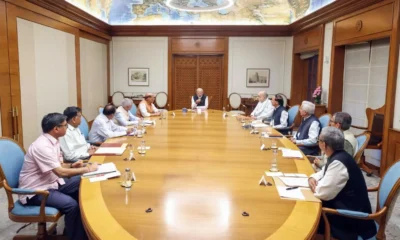
 News7 days ago
News7 days ago
 Environment7 days ago
Environment7 days ago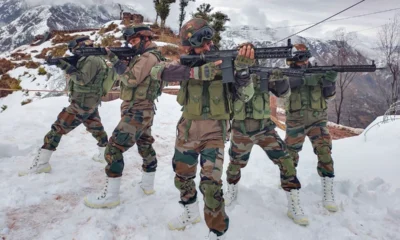
 Culture & Society1 day ago
Culture & Society1 day ago
 Multimedia7 days ago
Multimedia7 days ago
 Culture & Society6 days ago
Culture & Society6 days ago
